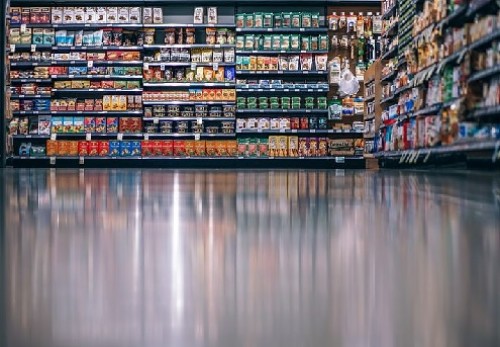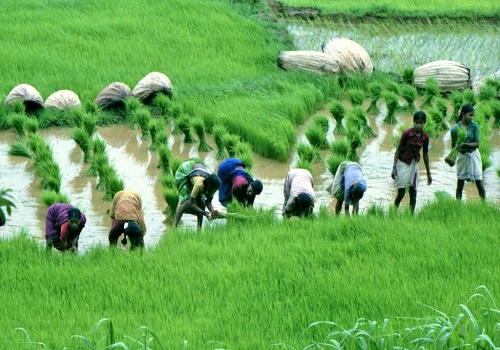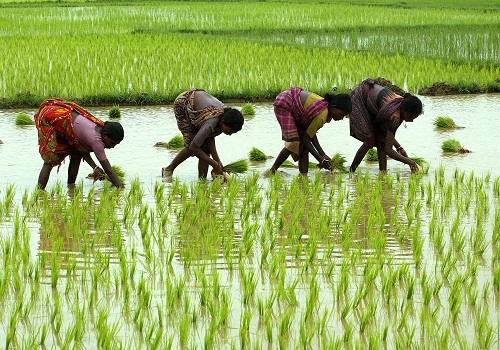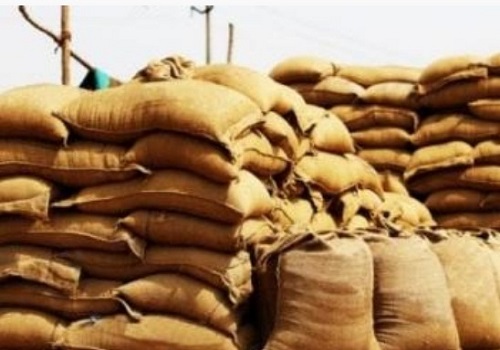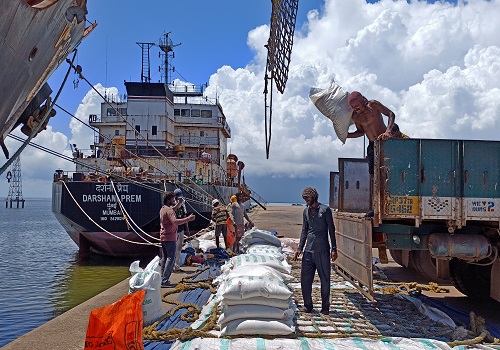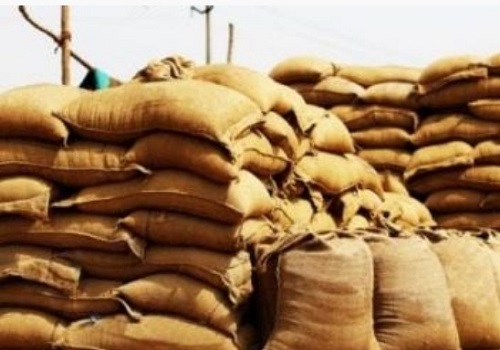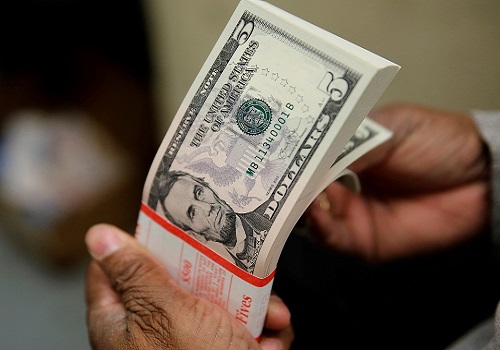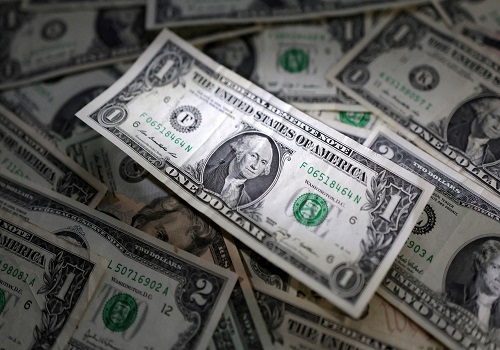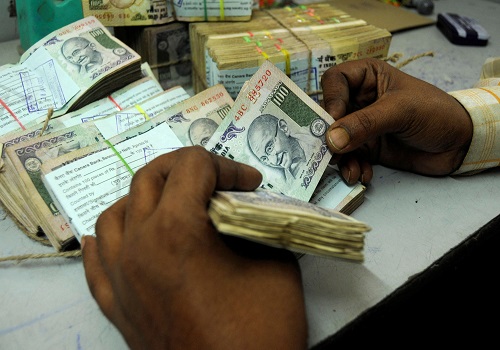India has sufficient stocks of grains, could sell wheat in open market
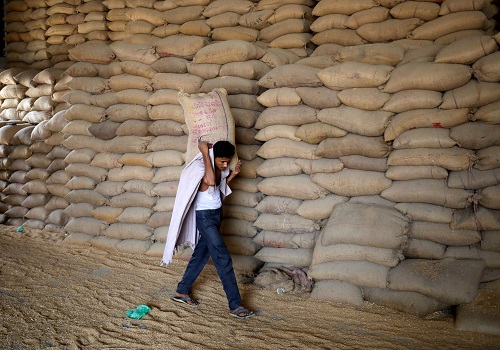
Follow us Now on Telegram ! Get daily 10 - 12 important updates on Business, Finance and Investment. Join our Telegram Channel
NEW DELHI tt -India has sufficient stocks of rice and wheat and the government will sell wheat in the open market if needed to control prices, the most senior civil servant at the Ministry of Consumer Affairs, Food and Public Distribution, said on Monday.
"We've enough stocks of rice and wheat and there's nothing to worry," Sudhanshu Pandey told a press conference.
"We'll intervene if needed," he said, replying to a query on whether the government would sell food stocks in the open market to keep a lid on local prices.
Food inflation, which accounts for nearly 40% of the consumer price index basket, rose 8.60% in September, compared to 7.62% in August.
Retail food prices accelerated due to a rise in the prices of cereals and vegetables.
Pandey said the rates of staples have risen only at a moderate pace, and the steps initiated by the government have helped keep a lid on grain prices.
After a sudden rise in temperatures in mid-March shrivelled the wheat crop, India, the world's second-biggest producer of the grain, banned overseas sales of the staple to secure supplies for its 1.4 billion people.
Wheat exports from India, also the world's second biggest consumer of the staple, surged after Russia's invasion of Ukraine hit supplies from the Black Sea region, resulting in a jump in global prices.
Close on the heels of the ban on overseas sales of wheat, India restricted rice exports as scant rains in the country's east affected planting of the most water-thirsty crop.
At the beginning of the next fiscal year on April 1, India's wheat stocks at state warehouses are expected at 11.3 million tonnes, and rice stocks are seen at 23.7 million tonnes, Pandey said.
On April 1, the government aims to keep at least 4.5 million tonnes of wheat and 11.5 million tonnes of rice to run the world's biggest food welfare programme and meet any emergency requirements.












 320-x-100_uti_gold.jpg" alt="Advertisement">
320-x-100_uti_gold.jpg" alt="Advertisement">



